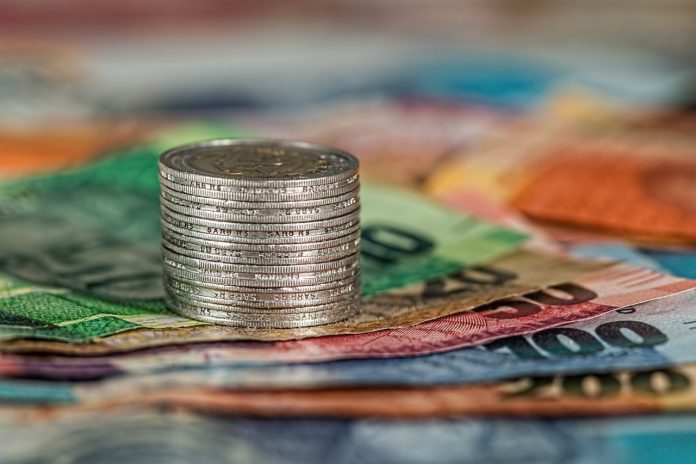The IMF (International Monetary Fund) is adjusting its economic forecasts for 2020. And the institution is particularly pessimistic. According to its calculations, world GDP is expected to contract by 4.9% this year. That is 1.9 percentage points higher than the previous forecast, which dated from the end of April.
The Covid-19 pandemic had a larger than expected negative impact on activity in the first half of 2020, economists say. According to whom “The recovery should be more gradual than what we expected”. Nevertheless, they predict that global growth is expected to reach 5.4% next year. Comfortable growth, therefore, but which would place world GDP 6.5% below the level envisaged in January 2020, that is to say before the onset of the pandemic.
For Africa, forecasts are also revised down. The IMF now predicts a 3.2% drop in GDP in sub-Saharan Africa, before a 3.4% rebound in 2021. Until now, economists had forecast a limited decline of 1.6% for this year. Note the sharp drop envisaged in South Africa (-8.0%) and Nigeria (-5.4%), two locomotives from Africa. The IMF is also planning a modest rebound (3.5% and 2.6% respectively) for these two countries next year.
The rest of sub-Saharan Africa, in 2021, should be drawn by its relations with its main western partners and China (+ 8.2% estimated). The IMF thus forecasts a sharp drop in France’s GDP in 2020 (-12.5%) but a sharp rebound (+ 7.3%) in 2021. And similar developments for Italy and Spain ( -12.8% and + 6.3% for each of these two countries).
Unjustified stock market rebound
In countries where infection rates are not yet under control, prolonged confinement will have even more negative consequences on economic activity.
For the moment, the IMF considers that the financial conditions, which have eased after the past few weeks, will remain broadly the same as today.
Other outcomes than those of the baseline scenario are entirely conceivable, and not only depending on the evolution of the pandemic. The IMF is surprised: “The magnitude of the recent upturn in the financial markets seems to be uncorrelated with the evolution of the economic outlook”. Financing conditions may therefore tighten more than expected in the baseline scenario.
These IMF forecasts are accompanied by recommendations: “All countries, including those that seem to have passed the epidemic peak, must ensure that their health systems have sufficient resources.”
The international community must therefore support “much more” national initiatives. The IMF is already looking into the discovery and dissemination of a vaccine, which will have to be made “available to all countries at an affordable price”.
For their part, the States must compensate for the loss of income of households and businesses, “by means of both ambitious and targeted measures”. These devices will be lifted in the wake of the population’s confusion.
Economic policy must therefore aim to boost demand and reallocate available resources to sectors other than those whose weight in the economy is expected to diminish sustainably in the aftermath of the pandemic.
Finally, the IMF calls for close multilateral cooperation and debt relief for countries facing liquidity needs.
Reference: https://www.nytimes.com/2020/06/24/business/imf-world-economic-outlook.html

